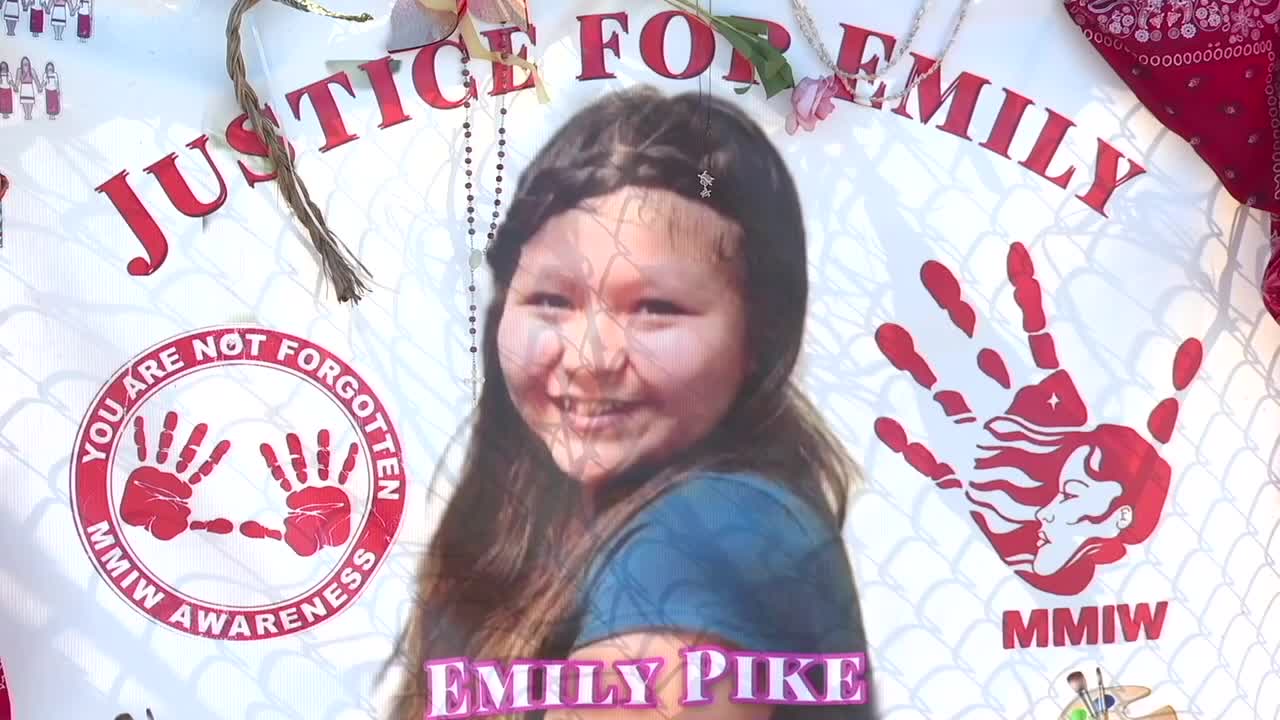PHOENIX — The high-profile murders of three children known to the Department of Child Safety have sparked calls for change here in Arizona. Following a hearing in May and a stakeholder meeting in September, one focal point was communication with tribal nations.
At the center of the discussion was Emily Pike's case, but also the safety and care of indigenous children.
"The tribes that were in the room and DCS have agreed to have MOU's," said State Senator Carine Werner.
Senator Werner serves as the Chair of the Health and Human Services Committee which has direct oversight over DCS. She told ABC15 tribal nations were ready to come to the table and put together memorandums of understanding (MOU's) about a month ago.
"So when a tribal child goes into DCS care, there will be an information packet on that child along with a picture that will go with them into whatever home or foster home they go into," said Senator Werner.
The DCS Director previously told an oversight committee that they have these agreements with four tribes, including the Pascua Yaqui Tribe.
"The biggest benefit of the MOU is that it outlines everyone's responsibility and accountability," said Councilman Jose-Enrique Saldana.

ABC15 is committed to finding the answers you need and holding those accountable.
Submit your news tip to Investigators@abc15.com
He and Councilwoman Gloria Alvarez Gomez were both at the recent stakeholder meeting held at the Capitol. The two sat down with ABC15 to go over their MOU and their experience with the agreement.
"Our MOU’s help clarify communication protocols," said Saldana. "They've also helped clarify tribal placement preferences, and then also culturally important practices in our foster care cases."
Councilwoman Gomez said this helps because sometimes there are some "difficult cases."
"Where it's, you know, you're trying to determine who has jurisdiction," said Gomez. "If they're on the tribe, or if they're off."
In addition to serving as a councilwoman, Gomez used to work within the system and has seen the challenges families can face firsthand.
"It's not that we're losing our sovereignty, but we're exercising our sovereignty," said Gomez. "This is how we want to do this moving forward."
Their tribe’s focus is always reunification when possible; how can resources be offered to the family and parents so the child can one day return home.
"The goal of the tribe with the MOU with equal is to eventually be able to get the parents or guardians in a better situation, so that they're able to so that we're able to return back their children to them," said Saldana.
The Pascua Yaqui tribe is open and even invite other tribal nations to reach out if they want advice on developing their own MOU's.
"Each tribe may look different," said Gomez. "They might look similar, but the importance of that immediate interaction when a child is placed in foster care is very important."
Both Saldana and Gomez walked away from September's stakeholder meeting hopeful.
"Whether it was the tribal leaders or their representatives, they came there with one common goal," said Saldana. "And as you mentioned, to protect our indigenous children and ensure that they're cared for, and avoid important unfortunate circumstances such as what happened to Emily Pike."
Emily, a San Carlos Apache teen, was in the care of Tribal Social Services. She was living in a state-licensed group home.
ABC15 has been reaching out to her tribe regarding MOU's and where they stand on an agreement since early September. We are still waiting to hear back.




